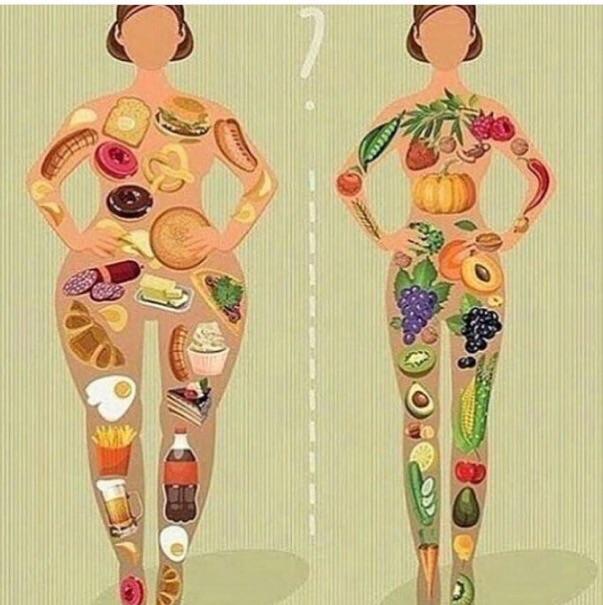Debunking the Myth: Can Vegan Diets Lead to Weight Gain?

There is a common misconception that adopting a vegan diet can lead to weight gain. However, this belief is nothing more than a myth that needs to be debunked. In fact, when followed properly, vegan diets can offer numerous health benefits and contribute to weight loss and maintenance.Contrary to popular belief, a well-planned and balanced vegan diet can provide all the necessary nutrients for optimal health without causing weight gain. It is important to note that simply eliminating animal products from your diet does not guarantee weight loss or weight gain. The key lies in understanding the principles of nutrition and creating a balanced eating plan.In this section, we will explore the various reasons why vegan diets do not inherently lead to weight gain. We will delve into the health benefits of veganism and highlight how adopting a well-rounded approach to plant-based eating can actually support healthy weight management. By dispelling the myths surrounding vegan diets and shedding light on their true potential for promoting overall wellness, we hope to encourage individuals to make informed choices about their dietary habits. The Role of Caloric Intake in Weight Management on a Vegan Diet When it comes to weight management on a vegan diet, understanding the role of caloric intake is crucial. While adopting a plant-based lifestyle offers numerous health benefits and promotes overall well-being, it’s important to maintain a balanced approach to ensure optimal weight management. In this section, we will delve into the significance of caloric intake and explore effective strategies for maintaining a healthy weight on a vegan diet.One of the key aspects of managing weight on a vegan diet is being mindful of caloric intake. While the focus may be on consuming nutrient-dense foods that are abundant in vitamins, minerals, and antioxidants found in plant-based nutrition, it’s essential to strike a balance between nourishment and energy consumption.Calorie counting and portion control play vital roles in achieving and maintaining an ideal weight. By monitoring your daily caloric intake and ensuring that you consume an appropriate amount for your body’s needs, you can effectively manage your weight while following a vegan lifestyle.However, it’s important to note that not all calories are created equal. Opting for nutrient-dense foods such as fruits, vegetables, whole grains, legumes, nuts, and seeds can provide essential nutrients while keeping calorie consumption in check. These foods offer satiety due to their high fiber content while providing necessary vitamins and minerals for overall health.In conclusion,understanding the role of caloric intake is fundamental when it comes to managing weight on a vegan diet. By employing strategies such as calorie counting and portion control while focusing on nutrient-dense plant-based foods,individuals can achieve their desired weight goals without compromising their commitment to ethical eating practice.

